Mondays
Claude Chabrol: Neo-Noir Master
Programmed by Kathleen Geier
In 1997, Jonathan Rosenbaum called Claude Chabrol "the most neglected filmmaker of the French New Wave." That is all the more true in 2019. The last major Chabrol retrospective in Chicago was 20 years ago and, as Farran Smith Nehme has pointed out, "it is ridiculously hard to see some of his best films." Relatively few of his features are available on DVD or streaming, and some that are--including several of his greatest films of the 60s and 70s--have been released in poor quality transfers.
Part of the problem in reckoning with Chabrol's cinematic legacy is the man's sheer productivity. Between the release of his debut feature, Le Beau Serge, in 1958, and his death in 2010, he made over 50 films. Andrew Sarris wrote that Chabrol's "extensive body of work recorded the manners and places of his time with the fervor of a Balzac." His two major influences were Alfred Hitchcock and Fritz Lang and as Jonathan Rosenbaum astutely observed, "it is in the play between Hitchcock's subjectivity and Lang's objectivity that Chabrol's best work usually takes shape."
If it's a Chabrol film, there is usually a murder. He frequently adapted noir writers like Patricia Highsmith and Georges Simenon and most of his cool, witty, formally elegant films can be characterized as neo-noir. They also frequently mount a pointed social critique, most often aimed at the French bourgeoisie, whom he viewed satirically but not entirely unsympathetically. Though we can only present a small sampling of his work, it is our fondest hope that this modest retrospective will help kick-start a full-scale Chabrol revival.


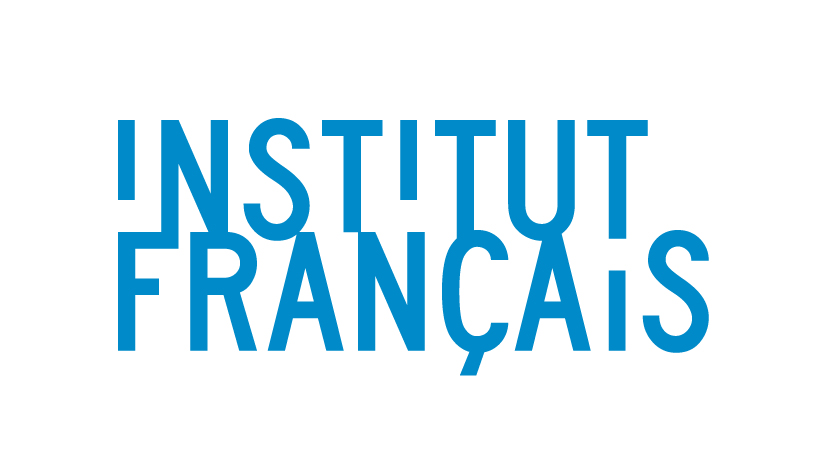
4/1/2019 @ 7:00 PM
Les Bonnes Femmes
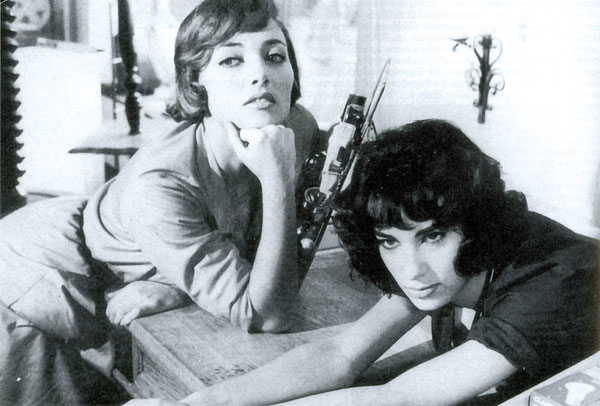
(Claude Chabrol, 1960) · Four Parisian shopgirls seek happiness in love and work, but instead find dead-end jobs and a succession of creepy men. A #MeToo movie before its time, this early Chabrol masterwork is by turns free-wheeling and fatalistic. Jonathan Rosenbaum said Les Bonnes Femmes "shows Chabrol at his most formally inventive" and Fassbinder called it "a revolutionary film, for it provokes genuine anger against a system that leaves people so demoralized." Print courtesy of the Institut Français
runtime: 100m format: 16mm
4/15/2019 @ 7:30 PM
La Femme Infidèle
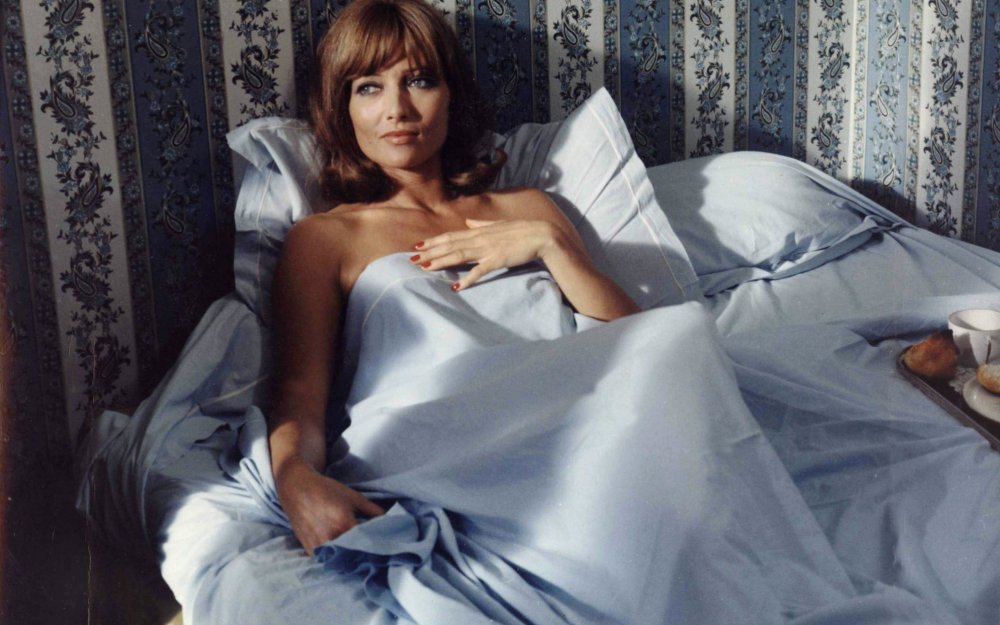
(Claude Chabrol, 1969) · The blandly perfect facade of an haute bourgeois family is shattered when a husband suspects his wife of infidelity. Sharply observed and richly ironic, La Femme Infidèle is arguably Chabrol's masterpiece. Like the best of Chabrol's work, it is both perverse and touching. The lead actors, Michel Bouquet and Chabrol's then-wife Stéphane Audran, exquisitely capture the couple's surface cool as well as the turmoil roiling underneath. Print courtesy of the Institut Français
runtime: 98m format: 16mm
4/15/2019 @ 9:30 PM
Les Cousins
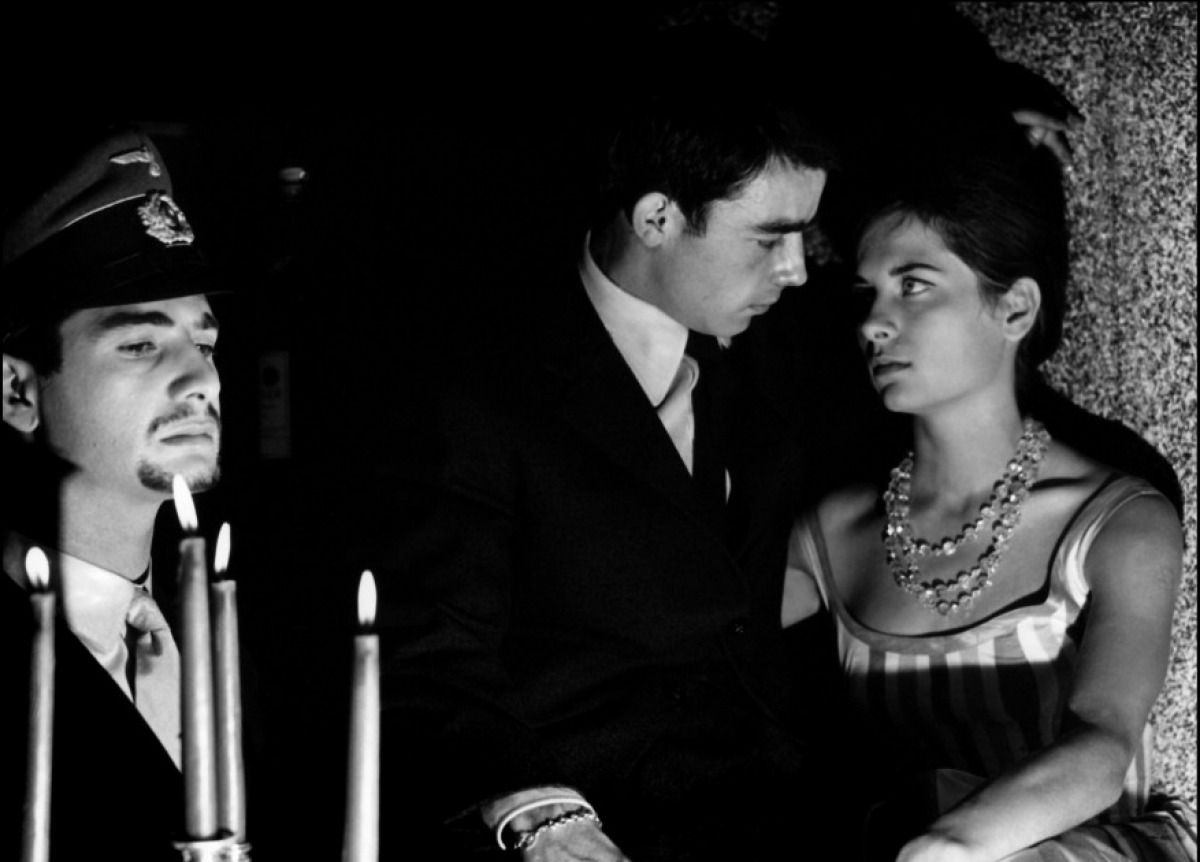
(Claude Chabrol, 1959) · Charles (Gerard Blain), a repressed, conscientious young man from the country, comes to Paris to study law alongside his cousin who is his polar opposite: hedonistic, cynical Paul (Jean-Claude Brialy). Chabrol's second feature may seem at first to be a conventional tale of innocence corrupted, but the dark story it tells is more ironic and complex. This stunningly accomplished work became the first New Wave film to score a success at the box office.
runtime: 109m format: Blu-ray
4/22/2019 @ 7:00 PM
Le Boucher
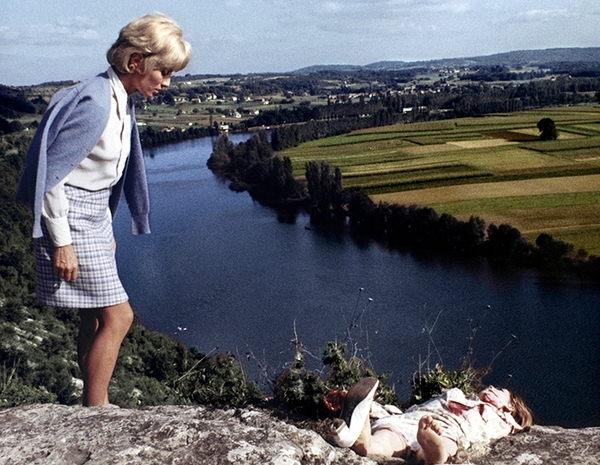
(Claude Chabrol, 1970) · In a rural French village, a socially awkward butcher (Jean Yanne) adores an elegant schoolmistress (Stéphane Audran), but his feelings go unreciprocated. When the village is plagued by a series of unsolved murders, she suspects he may be the killer. Chabrol demonstrates that he was one of cinema's great observers of French provincial life, which may be why the Paris newspaper Le Figaro hailed Le Boucher as the best French film since liberation. Print courtesy of the Institut Français
runtime: 95m format: 16mm
5/6/2019 @ 7:00 PM
Wedding in Blood
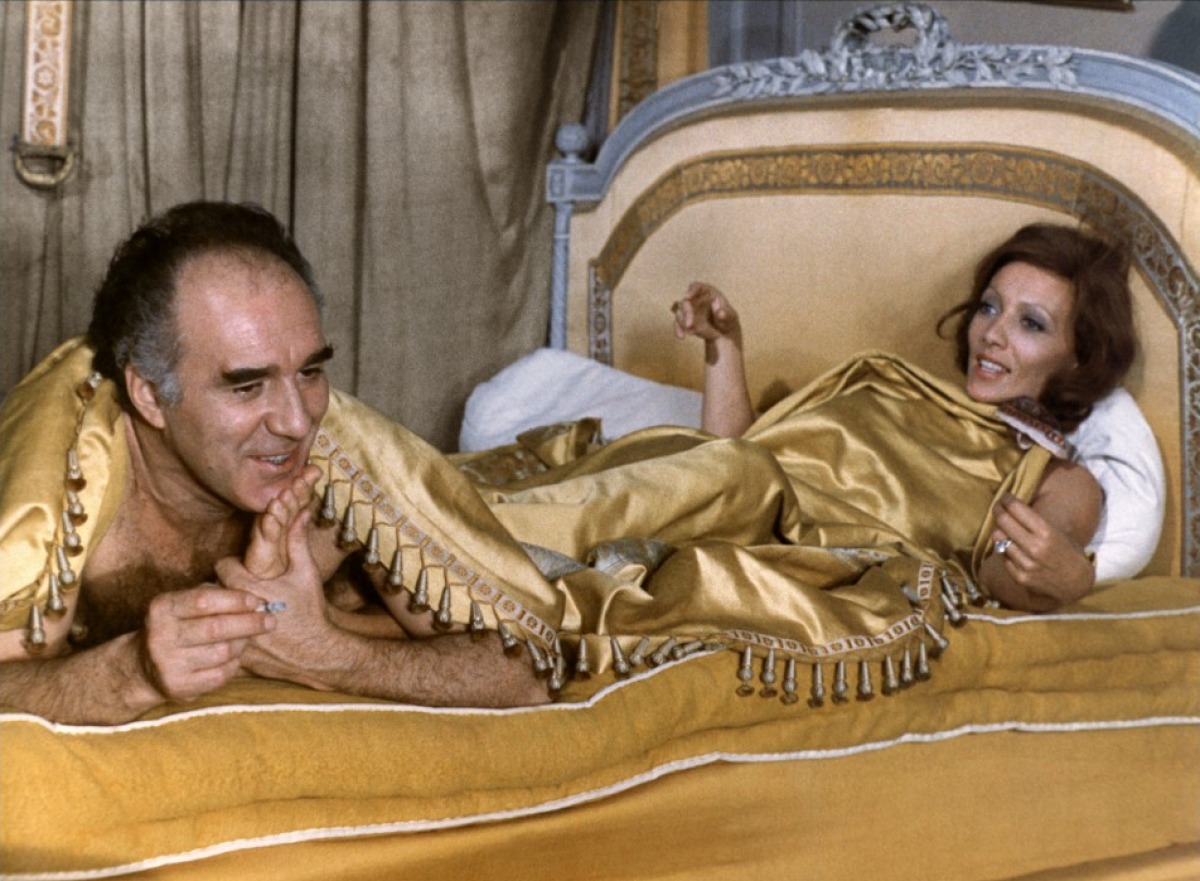
(Claude Chabrol, 1974) · In provincial France, a town official (Michel Piccoli) is having a red-hot affair with the wife (Stéphane Audran) of the corrupt mayor. It's not long before blackmail, revenge, and murder are in the air. Andrew Sarris wrote that Audran and Piccoli make their characters "sympathetically and comically carnal." The Chicago Reader called Wedding in Blood, which is based on a real-life event, "a smashing work from a master craftsman." Print courtesy of the Institut Français
runtime: 95m format: 16mm
5/13/2019 @ 7:00 PM
Chicken with Vinegar
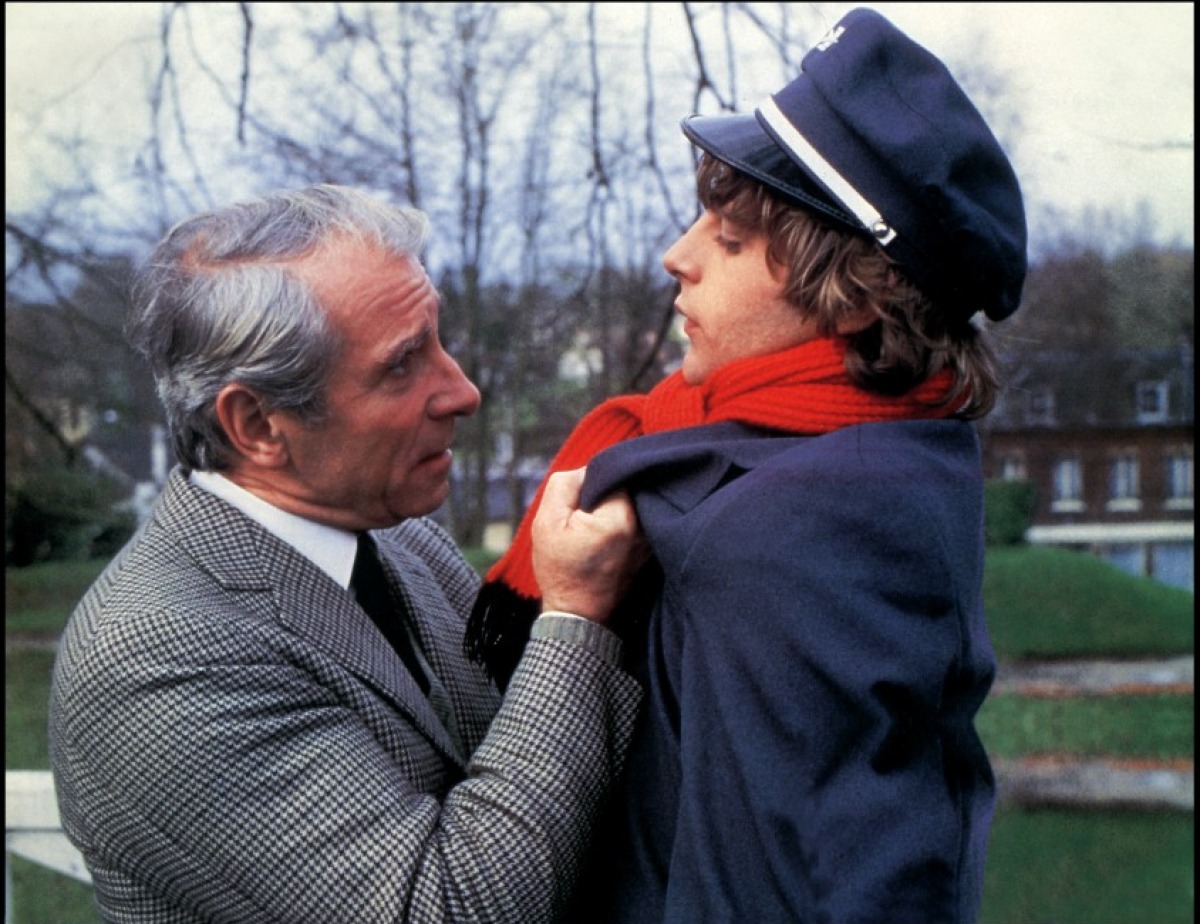
(Claude Chabrol, 1985) · After a series of murders in a shady small town, an inspector is sent to investigate. This dark, sexy comedy is one of Chabrol's lesser known films but critics have praised it as a neglected gem. Jonathan Rosenbaum found it "delightful, acidic" and "one of Chabrol's best efforts in a lighter vein." The terrific cast includes Stéphane Audran as a nasty, wheelchair-bound matriarch and Jean Poiret as the wonderfully urbane inspector.
runtime: 110m format: DCP
5/20/2019 @ 7:00 PM
Betty
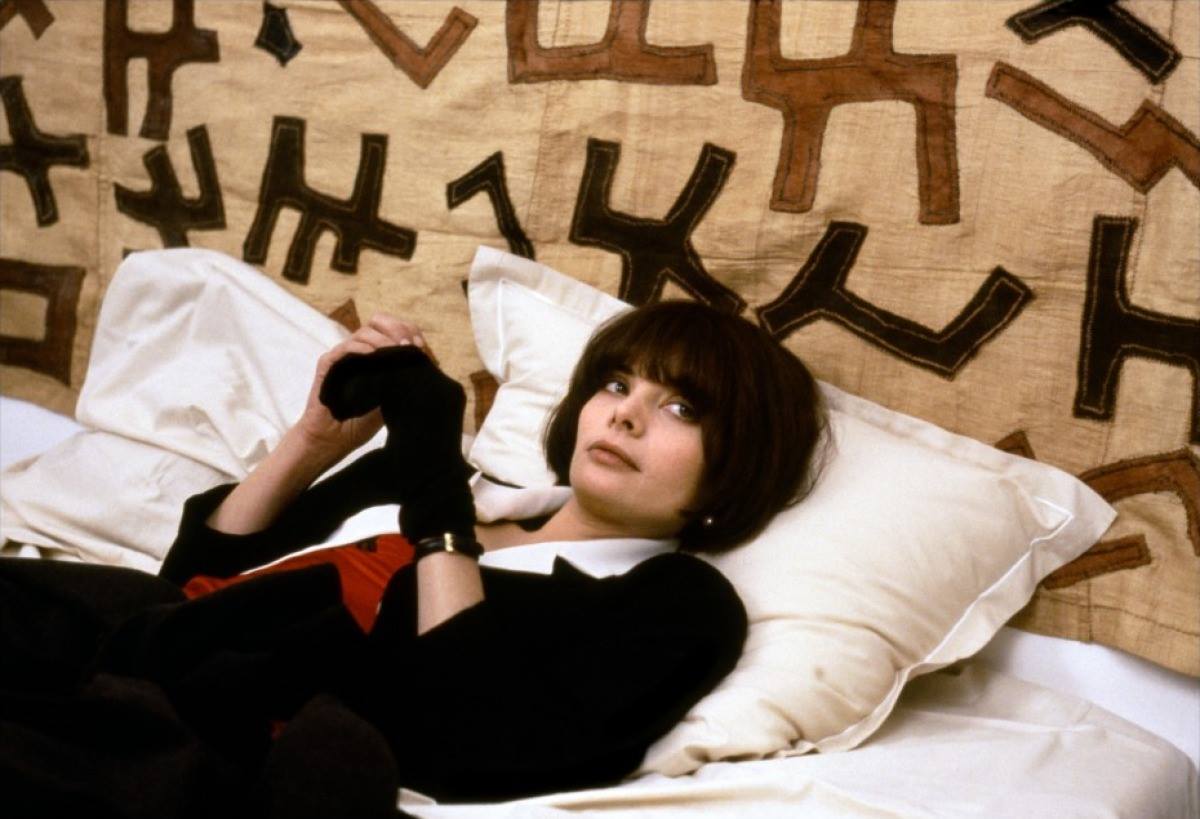
(Claude Chabrol, 1992) · On a rainy night, a suicidally depressed alcoholic named Betty (Marie Trintignant) wanders into a seedy bar. A hard-drinking older woman (Stéphane Audran) takes her under her wing and in flashback, we learn Betty's story. Repelled by her compulsive infidelity, her bourgeois husband has divorced her and banned her from seeing their children. Based on a Georges Simenon novel, this powerful character study is one of Chabrol's bleakest films.
runtime: 103m format: DCP
5/20/2019 @ 9:30 PM
L'Enfer
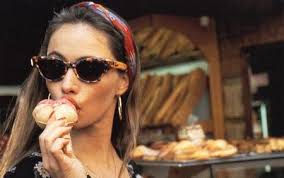
(Claude Chabrol, 1994) · Chabrol never stopped making engrossing, challenging films, and L'Enfer, a riveting psychological thriller with style to burn, is one of his late masterworks. Paul (François Cluzet) seems to have it all: a beautiful, devoted wife (Emmanuelle Béart) and a thriving hotel business in a gorgeous resort setting. But he is gradually driven mad by the delusion that his wife is unfaithful.This disturbing exposé of male sexual paranoia is based on a script by the great director Henri-Georges Clouzot (Diabolique).
runtime: 102m format: DCP
6/3/2019 @ 7:00 PM
La Cérémonie

(Claude Chabrol, 1995) · In remote rural France, timid Sophie (Sandrine Bonnaire), a maid, forms a creepy bond with the nutty Jeanne (Isabelle Huppert), the village postmistress. Sophie's wealthy employers treat her with casual contempt and class tensions simmer as Jeanne, who despises the family, urges her to stand up to them. La Cérémonie, Chabrol's 49th feature, opened to the most ecstatic reviews of his career. It remains one of his most dazzling and enigmatic achievements. Print courtesy of the Institut Français.
runtime: 112m format: 35mm



